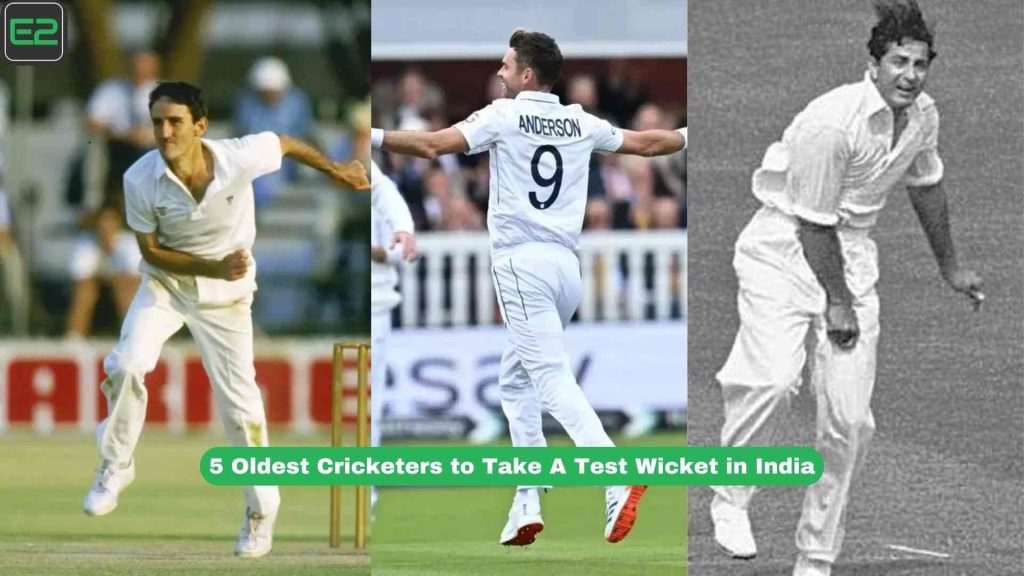Learn about the 5 oldest cricketers who took a Test wicket while playing in India. Test cricket, despite the rise of T20s, continues to be the most important format of the game. Recent matches, like India vs. England and Australia vs. West Indies, have shown the unique charm and lasting appeal of the five-day format. Since its start in 1877, Test cricket has stood out for its unmatched drama and as the ultimate test of a player’s skills and character.
In the second Test in Vizag, England’s James Anderson became the fifth oldest player to play a Test match in India. Over his remarkable 21-year career, Anderson has always prioritized Test cricket, excelling with the red ball. While most cricketers retire by their late 30s, a few extraordinary players extend their careers into their 40s.
For bowlers, the physical demands make it harder to play as they age compared to batsmen. Yet, some have defied the odds to take wickets even in their 40s.
These are the five oldest cricketers who have taken a wicket in India
5. Lala Amarnath – Age 41
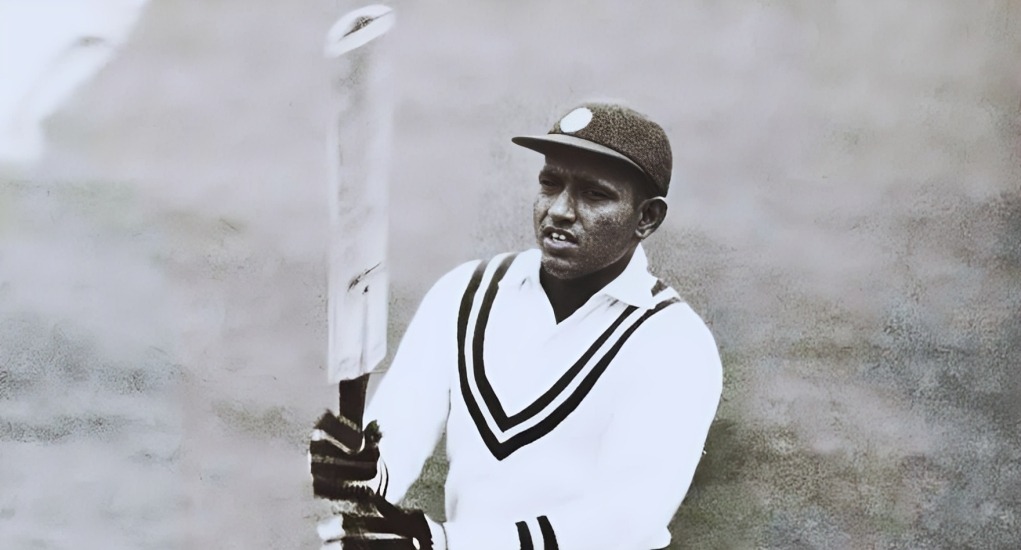
Lala Amarnath, a legendary name in Indian cricket, became the first Indian to score a century on his Test debut in 1933. In 1952, he led India to their first-ever Test and series victory against Pakistan and retired the same year, taking his last Test wicket at the age of 41.
Although mainly known as a batsman, his medium-pace bowling brought him 45 wickets in 24 Test matches. In first-class cricket, he scored 10,426 runs and took 463 wickets in 186 matches. His sons, Mohinder and Surinder Amarnath, also played for India.
4. James Anderson – Age 41
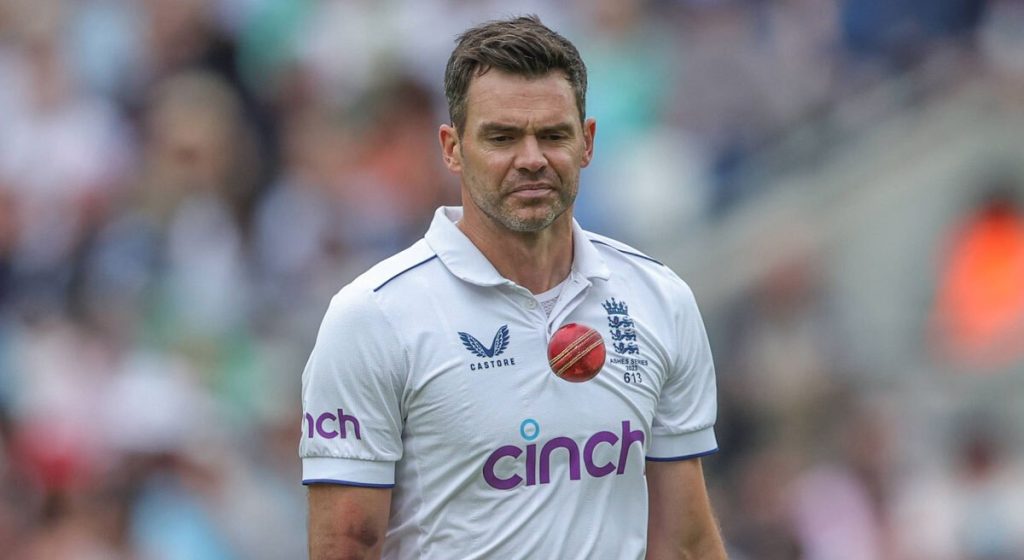
At 41 years and 187 days, England’s James Anderson is still a strong performer in Test cricket. On Day 1 of the second Test in Vizag, he dismissed Shubman Gill, adding to his record of 34 wickets in 13 matches on Indian pitches—an impressive achievement for a fast bowler.
Also Read: 5 Rising Stars Who Impressed Everyone In IPL 2024
Anderson is nearing 700 Test wickets, ranking third all-time behind Shane Warne and Muttiah Muralitharan. This is his sixth tour of India, where he has taken 140 wickets against the team—the most he has claimed against any opponent.
3. Vinoo Mankad – Age 41
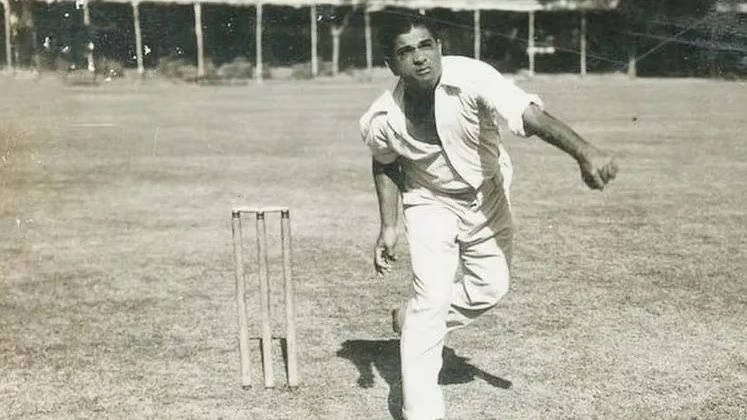
Vinoo Mankad, a famous Indian cricketer from the late 1940s to the 1950s, is best known for his world-record 413-run opening partnership with Pankaj Roy in 1956.
Born in Gujarat, Mankad’s left-arm spin earned him 162 wickets in 44 Test matches. Although he didn’t take a wicket in his last Test against the West Indies, his second-last match showed his brilliant bowling skills.
In the fourth Test in Chennai, Mankad took 4/95, including the wicket of Gary Sobers, at the age of 41 years and nine months. Despite his efforts, India lost the match, with the West Indies winning by a big margin of 295 runs.
2. Amir Elahi – Age 44
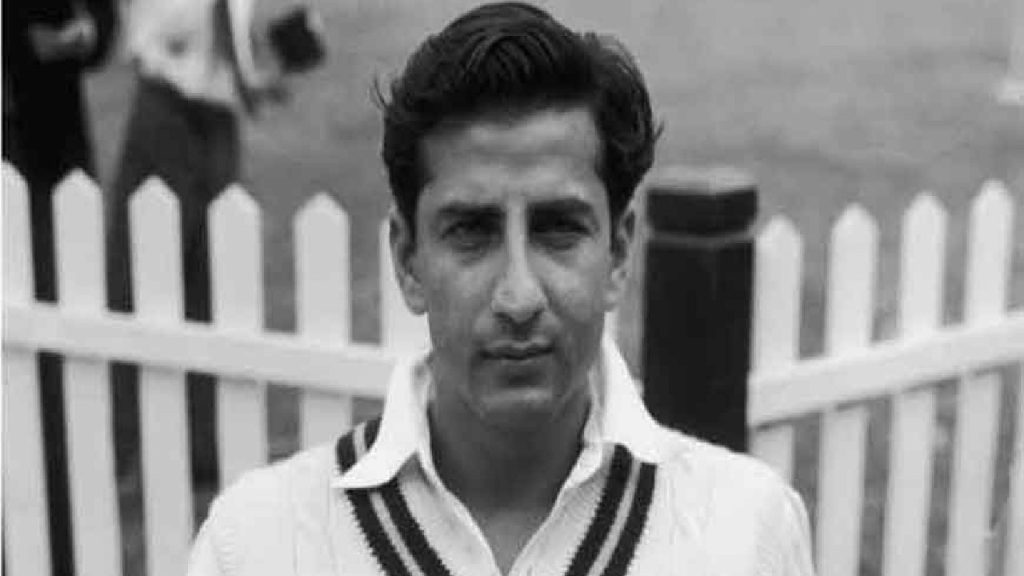
Former Pakistani bowler Amir Elahi took a Test wicket in India at the age of 44 during the 1952 five-match series. Pakistan was trailing 1-2, and Elahi’s only wicket in the series came when he dismissed Indian opener Pankaj Roy.
The match ended in a draw, giving India a 2-1 series win. Besides these five Tests against India, Elahi had played just one other Test nearly five years earlier against Australia.
Interestingly, in that 1947 match, he played for Team India. Elahi finished his career with seven wickets, including a four-wicket haul earlier in the same series against India.
1. John Traicos – Age 45
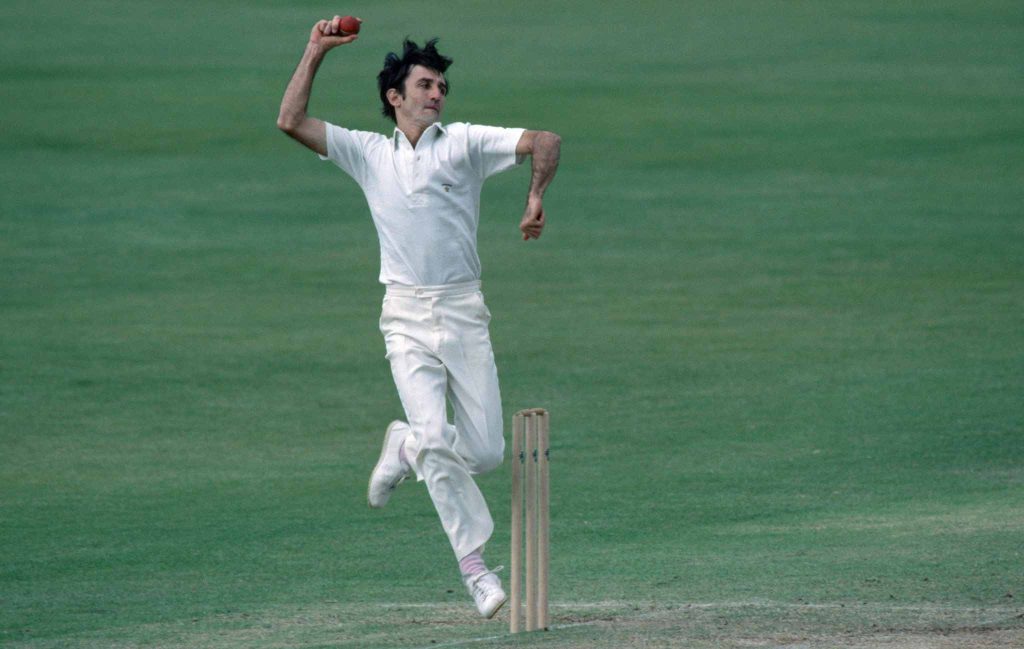
John Traicos, a former Zimbabwean off-spinner, holds the record as the oldest cricketer to take a Test wicket in India. This happened during a one-off Test match in Delhi in 1993 when he was 45 years and 10 months old.
Born in Egypt in 1947, Traicos ended his Test career in this game, delivering a bowling performance of 3/186. He dismissed well-known players like Kapil Dev, Navjot Sidhu, and Vinod Kambli. Despite his efforts, Zimbabwe lost the match by an innings and 13 runs. Traicos started his Test journey with South Africa before representing Zimbabwe, finishing his career with 18 wickets in seven matches.
Also Read: 5 Players Who Could Win The Purple Cap
